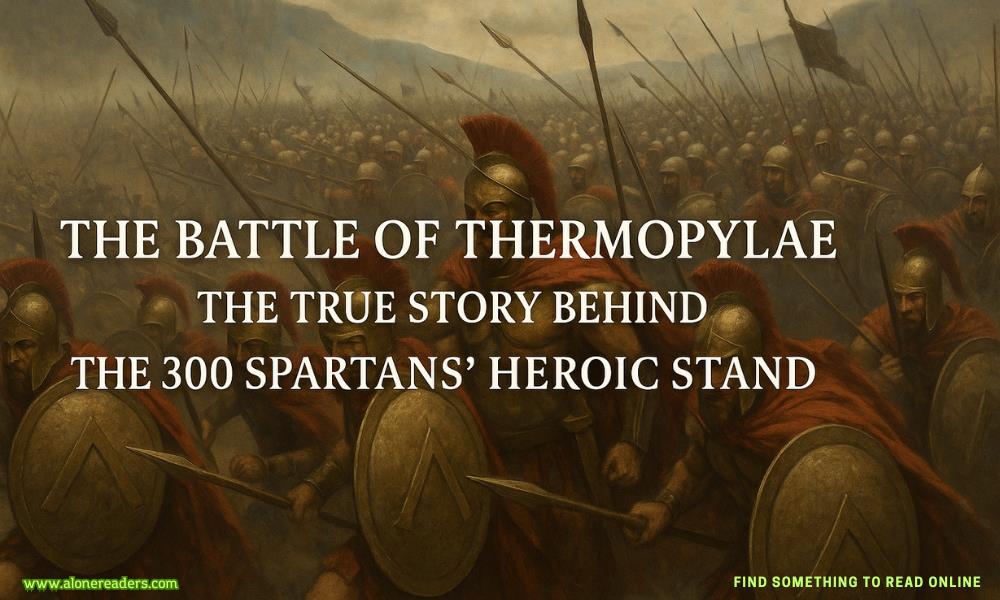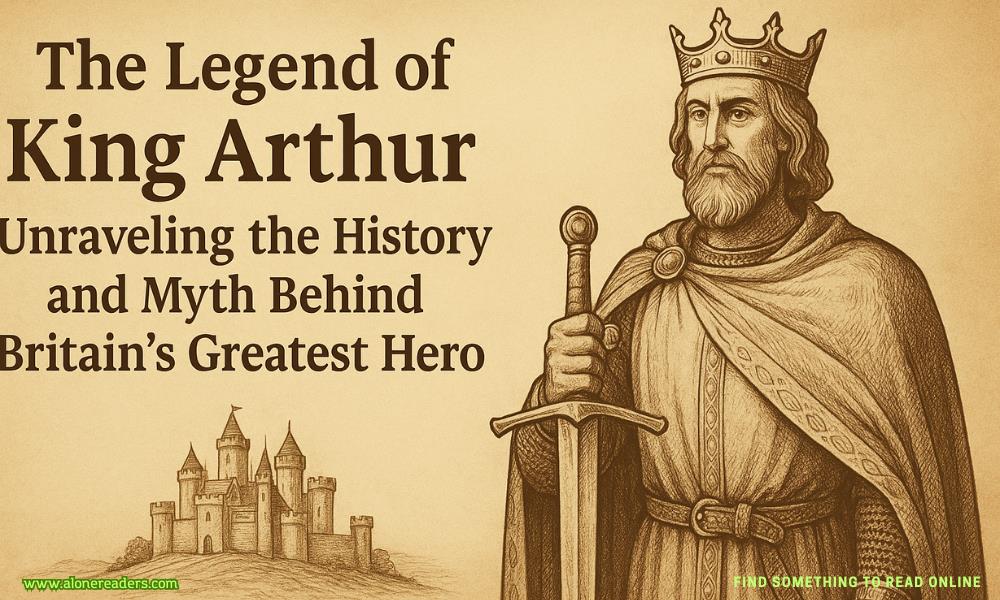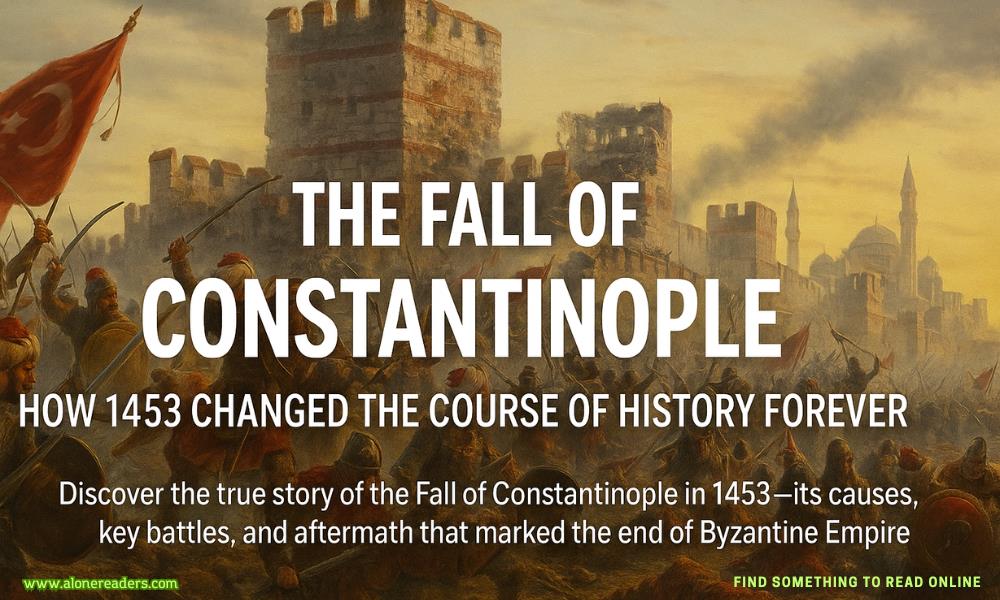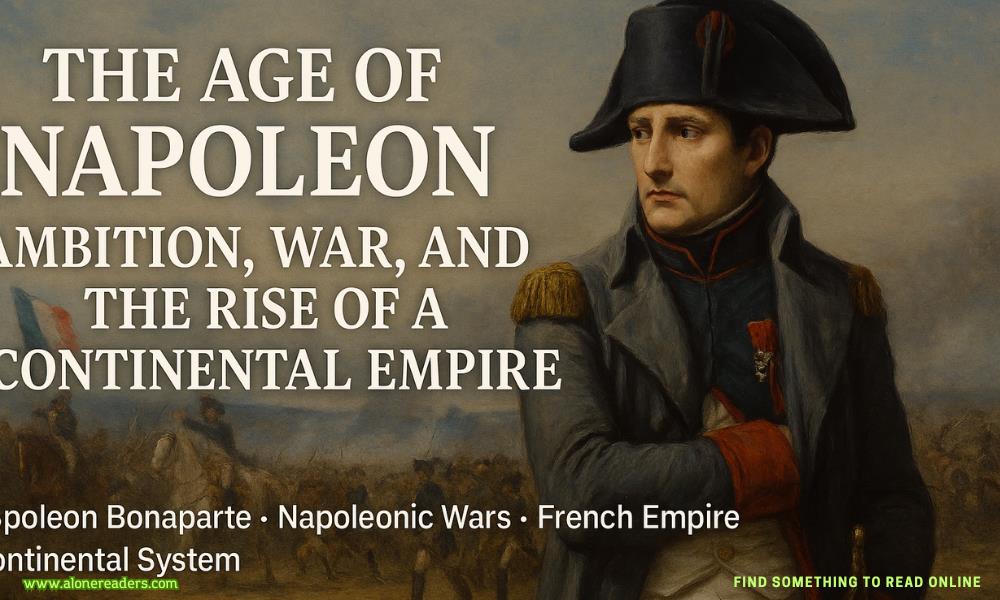Page 49 of Broken Country
“Mrs. Jacobs,” Donald Glossop, the Crown prosecutor, begins, “you were late to come forward as a witness. May I ask what prompted you to do so?”
“I was in two minds about it. But, after talking with various people in the village, I realized I had relevant information which would shed light on the characters living at Blakely Farm. And that could be helpful for the jury.”
The account Alison relays is heavily embellished, so much so at one point I cry out and my sister, who is next to me in the public gallery, takes hold of my hand. Alison tells the court her son William and the rest of his class were invited out to the farm in the school holidays. All the parents were wary, she says, knowing what the Johnson family were like. “We used to worry about Bobby and the way he was being brought up.”
“Why was that?”
“The Johnsons don’t live by a normal code of conduct. They’re a bit feral. I’ll give you an example: Bobby saw a newborn calf being shot in the head with a pistol when he was five years old. Such brutality. Quite unnecessary for a small boy to see it. Next day he came in and told his class about it. Some of them had nightmares for weeks afterwards.”
A ripple of disgust passes through the courtroom.
“We all knew the Johnsons didn’t take enough care. Sonia Johnson was killed when she was milking because she put her head right up close to the cow’s rear. Surely she should have known better?”
“Is that everything, Mrs. Jacobs?” Mr. Glossop asks, and I can hear even a note of disdain in his voice.
Good. I hope everyone in this court sees Alison for what she is: a sneak, a troublemaker, a gossip. A predator, feeding on new flesh.
“The afternoon our children were invited out to the farm was a fiasco,” she says. “Quite frankly, my son was lucky to come out of it alive.”
I see how she glances at the dock before she delivers her final bullet of hate. “Afterwards, we said we’d never again let our children go to Blakely Farm. There will be a fatality at that place, sooner or later, we said. Sadly, it came sooner than any of us expected.”
1968
Weddings are joyful by nature: the public celebration of love and togetherness, the carefully curated festivity, the music, the dancing, the indulgent eating and jubilant drinking. Today at Blakely Farm that joy feels heightened, and it’s not only the collective pleasure at seeing Jimmy and Nina finally tie the knot. Our family has seen too many storms and today, all resentments and disagreements have been cast aside, the village out in force to witness this change in our fortunes.
Nina and Jimmy opted for a quick registry office wedding with only Frank and me in attendance, followed by a proper ceremony at the farm. It’s being held in a barn we have scrubbed and polished and painted until it looks as good as any church. Chairs borrowed from various houses in the village are lined up in rows, homespun and mismatched and all the better for it, a wedding forged by a whole community. The church ladies have excelled themselves with six-foot-tall flower displays, and we even have a roll of red carpet for Nina and her father to walk down.
Every face turns as they come into the barn, “You Can’t Hurry Love” playing from speakers in the corner. I could look at Nina forever, so slender and lovely in her pale gold dress, and scarcely changed from the girl we first met five years ago.
When Jimmy and Nina exchange their vows, Frank reaches for my hand. This wedding means more to him than it does to anyone else.
After the ceremony there is nothing left for us, the family,to do except enjoy ourselves, our friends from the village have taken care of everything. Trestle tables are covered with food, far too much of it, a gift from each family. Dishes of coronation chicken, cold joints of beef and ham, great bowls of coleslaw and potato salad, and two pigs roasting on spits outside. There is a bar serving cider and ale, wine, gin, brandy, whisky, more booze than we can possibly drink, almost all of it donated.
For the first hour I am busy talking to guests, the same conversation, over and over. How beautiful the bride is, how lucky the bridegroom, they took their time, didn’t they? I can respond on autopilot, which is just as well, for beneath everything, is one pervasive thought.When will I have a chance to talk to Gabriel?
The decision to invite Gabriel and Leo was last minute. Jimmy has never tried to hide his dislike of Gabriel, plenty of villagers can bear witness to that. Frank said—and I agreed, for reasons of my own—it might be awkward having them at the wedding. Then Leo came out to the farm in the summer holidays and struck up a friendship with Nina. Together they whitewashed the barn, radio blaring, Nina teaching him dance steps as she once taught Bobby. Leo was lovestruck just like my son—Nina tends to have that effect on people.
“What shall I wear to your wedding?” Leo asked, out of the blue, one day.
After a pause, Nina said, “Something fun. Surprise me,” and shrugged at me in apology.
They come up to greet me the first moment I am alone; Gabriel must have been watching me too. There are two hundred people crowded into this tent and I have not turned in Gabriel’s direction once, but I’ve always known exactly where to find him.
Leo has taken Nina at her word, dressed in a fringedcowboy shirt and a Stetson sent over from the States by his mother.
“Has Nina seen you yet?” I say, hugging him. “You’ll be walking off with Best Dressed Male, no competition, and that includes the bridegroom in his fancy new suit.”
“Is there a prize?”
“If there isn’t, there should be.”
“I like your dress,” Gabriel says, and I turn to look at him.
It is a mistake. For I know this look, this gaze, I remember it from before, from the days when we were free to show all that we felt in our faces.
“My friend Helen made it for me,” I say, the rush of color staining my cheeks.
It is a fabulous dress, the boldest thing I have ever worn: a sleeveless A-line shape which stops short of the knee. It is white with bright pink-and-yellow flowers splashed across it. I feel nothing like a farmer’s wife tonight.
- Her Desert King by Marian Tee
- A Wife's Duty by Sam Crescent
- The Gift that Keeps On Giving by Jessa Kane
- Hard Hearts by Ella Goode
- Obsidian Devotion by Sylvia Rae
- Sold to the Single Daddies by Summer Haze
- Coast by Jessica Gadziala
- Jezebel's Liberation by Lacy Rose
- A Touch of Fate by Cora Reilly
- Relentless Knight by Lisa Cullen
- The Cheerleader by Jade Marshall
- With this Ring by Sierra Cartwright
- Axel by Kelly Finley
- Ice Cold Liar by Cynthia Eden
- Her Daddies' Everything by Laylah Roberts
- Bound By Lust by Rose Marie







